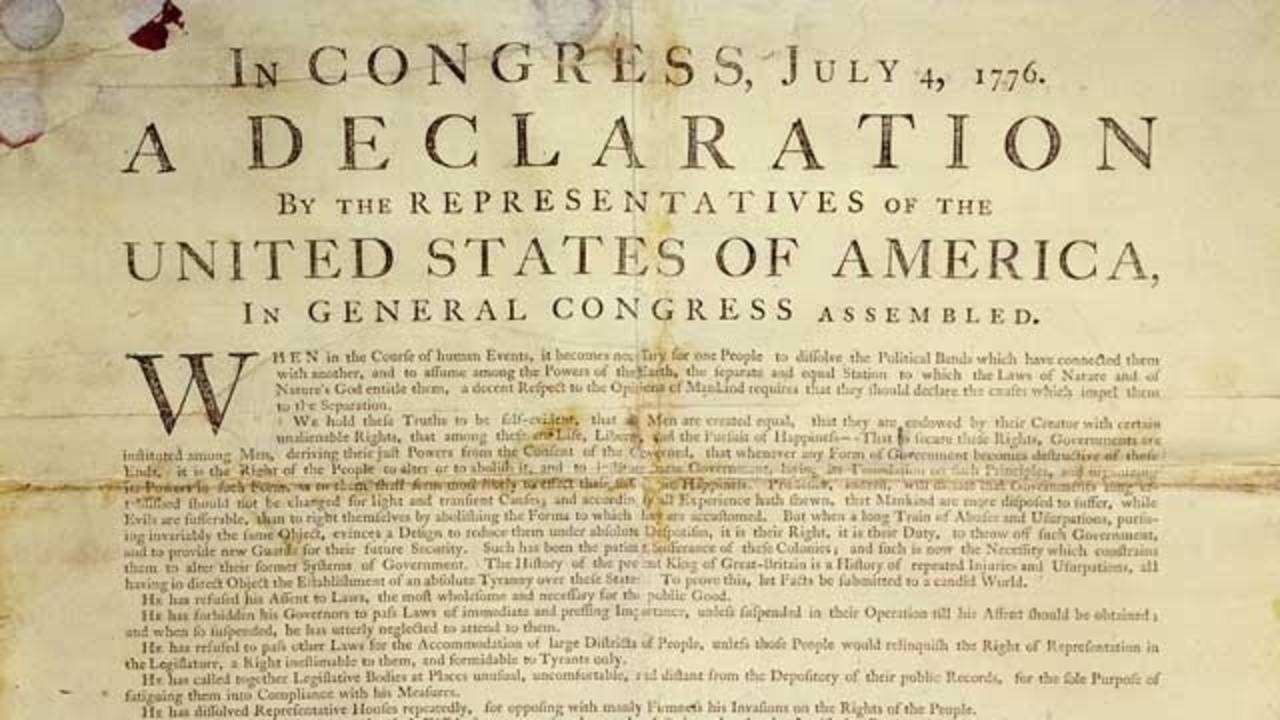Government
Through the Eyes of Some of History’s Best Minds
Rousseau was a Swiss philosopher whose thoughts helped influence the French revolution. He enjoyed inquiring of his government because
it helped him understand and even come to love it more the more he learned
about the interworking’s of his government. He also believed, as citizens,
everyone has rights and should be knowledgeable of the way their government
operates.
Near the beginning of his work, Rousseau
debates the comparison of slave to master and citizen to ruler. His main
argument is that they are not similar because while the slave relinquishes his
rights for subsistence from the master, the ruler relies on the people to
provide for him. Rousseau is concerned with the sovereignty of the people and he
believes that the individual is separate from the state. For example, in times
of war, if the “enemy” lays down their arms then you should not kill them
because the fight is with the country as a whole not each person. Due to this
belief, Rousseau would complement a leader that avoids, at all cost, destroying
or taking private property of its citizens and unarmed citizens of other countries as well. However, Rousseau also contradicts himself with his belief
that the common will is greater than the will of the individual. He means that
the need of the entire society is more important for the ruler to consider than
the happiness of one citizen. A government system that resembles Rousseau’s beliefs is a representative republic.
For example, while a republic attempts to give their citizens the ability to
participate in government and rights so that the individual can obtain personal
happiness, if the need were to arise, the government would choose the option best
fit for the entire country not just the individual. However, there is no government
that truly fits exactly what Rousseau believed is the best form of government.
 Thomas Jefferson is credited with writing the most famous
literary work in American history: The Declaration of Independence. In this text,
Jefferson and the rest of congress are explaining to Britain that their
complaints have went unanswered for long enough and that America would no
longer be part of Britain. They also write of the natural born rights of all
people. The belief are that all men reserve the right to be free is common
between the writings of Rousseau and Jefferson.. A large portion of the Declaration
is committed to listing reasons for the need of a split between the two
countries. Many of these reasons Rousseau would agree are just reasons for a
ruler to be despised. However, the main similarities end there. Jefferson
writes of the right of men to stand up to an unjust rule and to create their
own
Thomas Jefferson is credited with writing the most famous
literary work in American history: The Declaration of Independence. In this text,
Jefferson and the rest of congress are explaining to Britain that their
complaints have went unanswered for long enough and that America would no
longer be part of Britain. They also write of the natural born rights of all
people. The belief are that all men reserve the right to be free is common
between the writings of Rousseau and Jefferson.. A large portion of the Declaration
is committed to listing reasons for the need of a split between the two
countries. Many of these reasons Rousseau would agree are just reasons for a
ruler to be despised. However, the main similarities end there. Jefferson
writes of the right of men to stand up to an unjust rule and to create their
own
When Thomas Jefferson wrote The Declaration of Independence,
he was very sure that this was the only course of action. He stated that the
British armies and political figures in America had been warned on multiple
occasions of their transgressions that were unwarranted and extremely unjust.
The citizens had voiced their complains to Parliament and they were unanswered.
Americans were faced with harsher taxes, unjust actions, and, occasionally, with
the unnecessary deaths of their fellow community members. The members of
congress in America had enough time to think through many different options;
however, this was the only feasible course of action after their previous
attempts. Jefferson and the rest of Congress where acting out of necessity of
the people of America. If Rousseau were to offer any advice to Jefferson, he
would most likely say that the people of the land should do their best to
uphold their end of “the social contract”. However, he would also say that the
contract does not allow for one of the members to be offended against without
the rest of the body. This means that if one of the members of the community
were to be injured or taken advantage of then the rest of the community would
“feel” their pain. Jefferson would most likely agree with this advice and continue
to pursue the same path that he was traveling.

Comments
Post a Comment